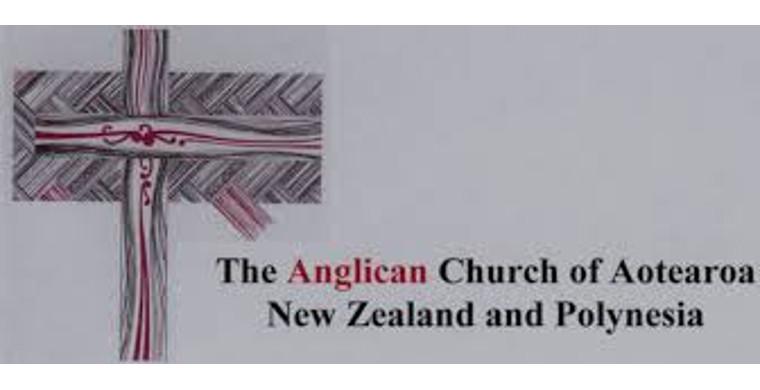The Consequences of the Failure of Episcopal Responsibility
By Lee Scovell
www.virtueonline.org
May 7, 2019
I was confirmed in Edinburgh when I was 19 by Richard Holloway. After he resigned his orders in 1999, he revealed that he felt he was play-acting throughout his ministry. My confirmation was just part of his salaried dress-up game. Thank God for Article XXVI.
Over the 30 years since my confirmation I have seen the 'official' Anglican Church in the West all but disappear. The abandonment of the Apostolic faith by the bishops is mostly complete and the consequences are catastrophic.
The role of the Bishop is to supervise the activities of local church clergy so that the deposit of the faith is guarded and handed on correctly to the next generation. History teaches us that when bishops abandon that role, the whole Church enters a state of extreme jeopardy.
I moved from Scotland to New Zealand in 2001. Some Scottish bishops then still retained a semblance of orthodoxy, even if it was a front. Lip service was still paid to their consecration vows and the responsibilities of being in the Apostolic Succession. Things are very different in New Zealand.
I realised within a few years that the Anglican Church of Aotearoa New Zealand is not a canonical church: the bishops are simply not orthodox. If the bishops are not orthodox, then clergy are not under any obligation to be orthodox. The final straw for me was when my local vicar replaced the Nicene Creed with the more popular 'Liturgical Affirmation of Faith', which was some piece of semi-Arian twaddle dreamt up by a 'liturgical poet' in the 1970s. I have made submissions to the local 'Anglican' 'bishop' and the liturgical commission about this but as orthodoxy is not a concern, my complaints were never answered.
There are many Christian believers out there who argue that episcopacy is simply one possible organisational structure among many. No. No other structure can provide the same level of doctrinal and spiritual accountability. There are many stand-alone churches stamped with the egos of their self-appointed pastors. The doctrinal and spiritual accountability provided by an orthodox bishop doing his job cannot be replaced by a committee or a 'non-hierarchical organisation'.
But what about claims that these pastors are under the authority of Scripture, in the Sola Scriptura sense? As Anglicans, we realise that Scripture can be misinterpreted, and that there are orthodox interpretations formed by conciliar consensus during the early Christian centuries. This is why bishops were expected to hold doctorates in classical theological disciplines: so that they could guide clergy who erred through ignorance. That requirement is history now.
Now we see retired nursing managers who have had part-time theological formation dressed up in robes and proclaimed 'bishop', including in the ancient bishopric of London. Orthodox Anglican lay people now often find that they have nowhere to go to find authentic fellowship within orthodox boundaries, except by hopping over to Rome or Moscow, or in the other direction, to splintered, lop-sided church communities that lack theological or spiritual accountability or depth.
Disaffected orthodox parishes, when they have had too much, might find a semblance of episcopal oversight through a foreign bishop, but that is hardly satisfactory, and the personal relationship between priest and bishop, which is essential for accountability, is lost.
In New Zealand, there are whole provinces with no Anglican Church, because they have no orthodox Anglican bishop, which is a catastrophic situation for the Body of Christ in these islands.
I believe the catastrophe goes beyond the Body of Christ and out into the world. Bishops are supposed to be authoritative on matters of faith and morals, and as such represent Christ to the non-Christian elements of society. This is explicitly the case in England, where some bishops sit in the House of Lords. If they do not sit as representatives of orthodox Christianity, then they sit as individuals, and their legitimacy is doubtful. They are supposed to be able to scrutinise legislation theologically. If they cannot do that, they are just there as individuals with remarkable and unjustified privileges.
The former-nursing-manager-cum-'Bishop of London' is a good example. How can she scrutinize legislation theologically, with her part time theological formation? God is already bringing forth orthodox bishops around the world but there are not nearly
enough. My prayer is that orthodox consecrations will snowball, driven by the Global South, GAFCON, ACNA and the Anglican Continuum.
Rob Scovell grew up in the Church of England in the days of hymns such as To be a Pilgrim, and I vow to thee my Country. He has a BD from Edinburgh University and now lives and works in New Zealand as a software engineer..














